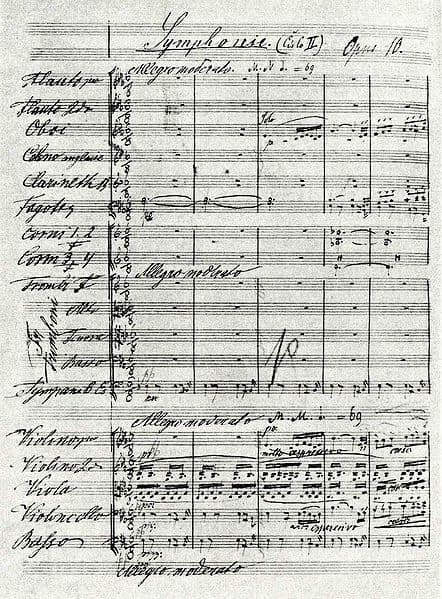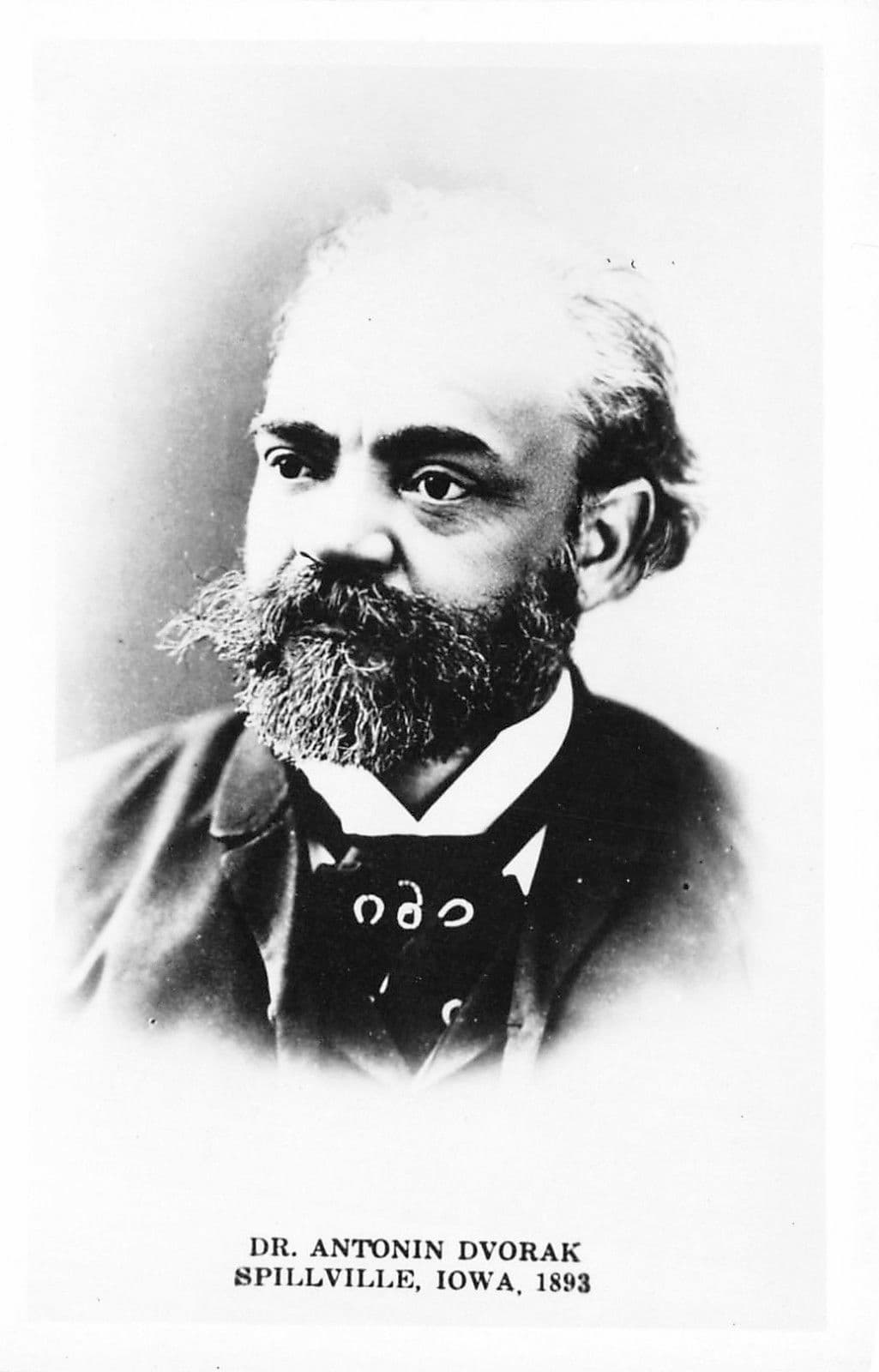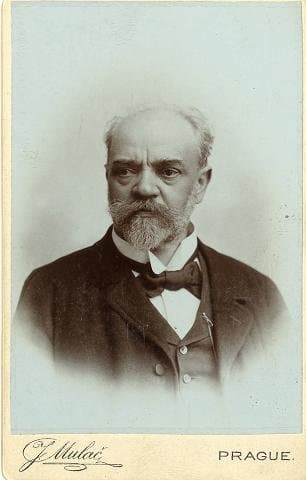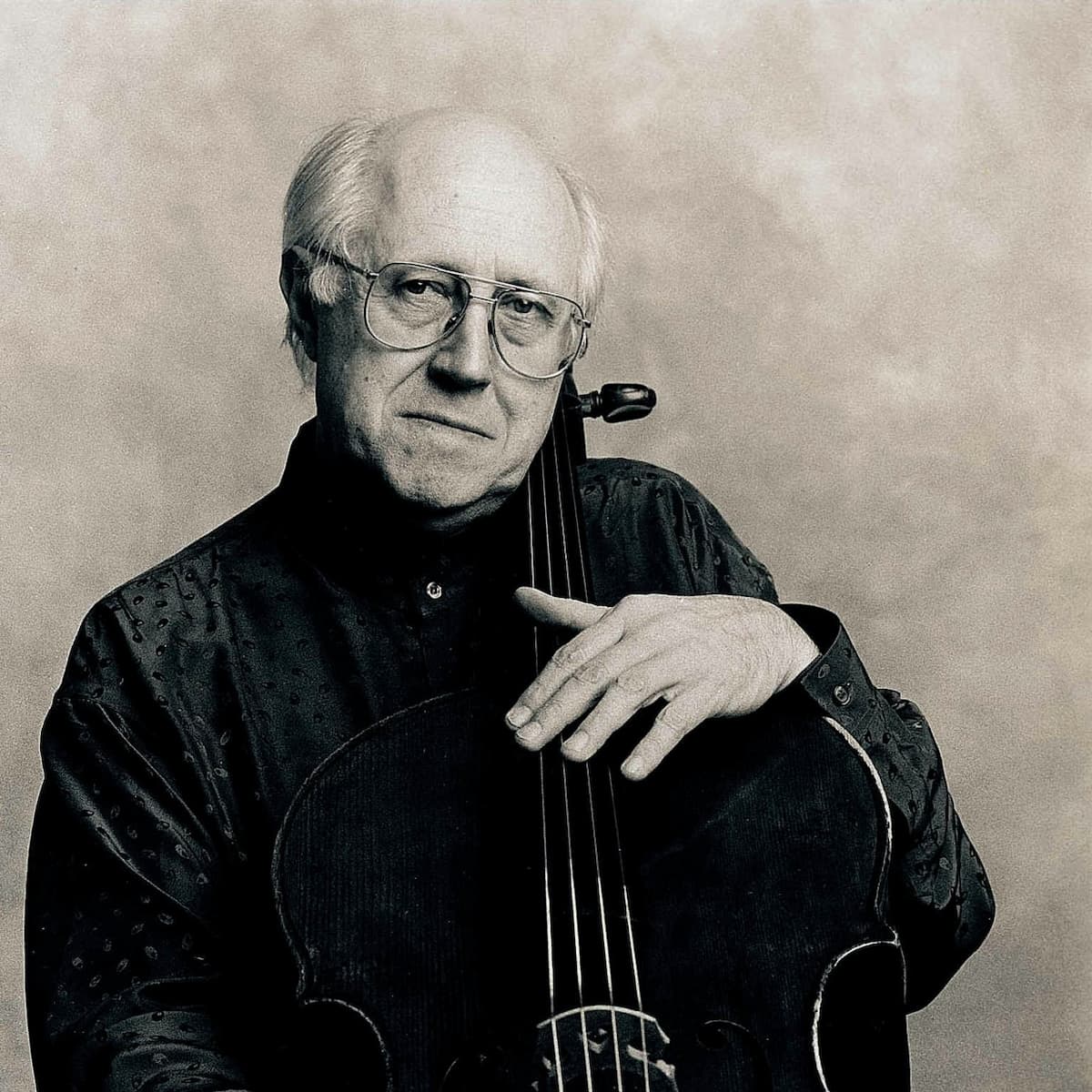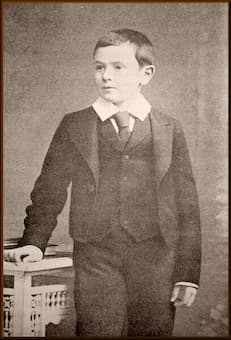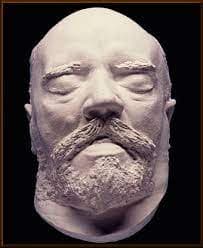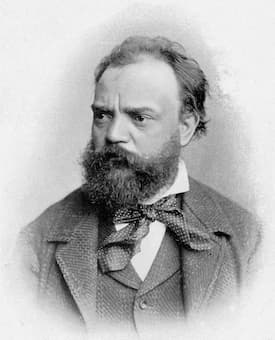In 1865, Antonín Dvořák decided to write two full-scale symphonies, both nearly an hour in length. Composed within a couple of months, both works are imaginative and arresting, “yet clearly overlong.” At that time, Dvořák was basically unknown as a
Dvorak
The fierce music critic Eduard Hanslick (1825-1904) became aware of Antonín Dvořák’s music when he was a member of the commission which offered state scholarships to impoverished young musicians. In fact, Hanslick was instrumental in furthering Dvořák’s career by taking
The traditional image of Antonín Dvořák (1841-1904) as a simple Czech fellow with a flair for composing symphonic and chamber music has recently given way to “one of a complex figure writing works filled with hidden drama and secret programs.”
The Cello Concerto of Antonín Dvořák Op. 104 is considered by most cellists as the ultimate masterpiece that displays the depth, emotion, versatility, and range of our beloved instrument. Composed for the cellist Hanuš Wihan during Dvořák’s term as Director
The symphonic poem had been created by Liszt as an orchestral work, usually in one movement, that takes another work, such as a poem, a short story, a novel, a painting, a landscape, or some other non-musical source, as its
Since all of Antonín Dvořák’s predecessors were butchers or innkeepers, it was automatically assumed that he would inherit the business. However, in addition to the butcher’s trade the Dvořák family also cultivated another talent, namely, a flair for music. However,
The Prague-based, Czech language music magazine Dalibor reports on 2 May. “Our nation has received a terrible, terrible blow, Antonín Dvořák is no more. Yesterday, at half past twelve in the afternoon, he died from sudden heart failure, having been
With his Cello Concerto in B minor, Op.104, Antonín Dvořák created one of the all-time greatest works in the genre. Yet curiously, Dvořák had written in 1865, “The cello is a beautiful instrument, but its place is in the orchestra

